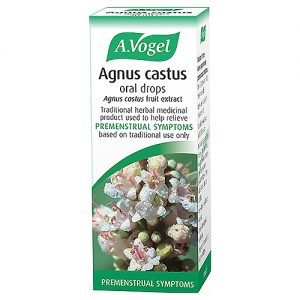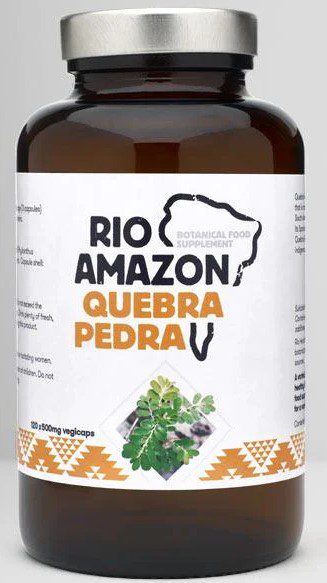

Artichoke (Cynara) 50ml A Vogel
£10.85 Original price was: £10.85.£8.68Current price is: £8.68.
Artichoke
Artichokes are edible plants, known in their natural form as cardoon, and their scientific classification is Cynara cardunculus. They are a native to the Mediterranean region, which is primarily why they play such a major part in their cuisine. Artichokes can be found throughout Europe, the Middle Eastern countries, and America, but they are less frequently encountered in Asian nations.
The edible part of an artichoke is the bud within the flower head before it fully blooms. Timing is key in cultivating them, as they turn hard and nearly inedible once the flower has fully bloomed. Also, one of the most sought-after parts of the thistle is the “heart”, which is the base from which the other buds spring. It is often consider a delicacy or at least the most delicious part of the plant and is generally more expensive [ref].
Health Benefits of Artichoke
Anticancer Potential
Artichokes have the highest antioxidant levels out of all vegetables, according to a study done by the USDA, and out of 1,000 plants of different types of foods, they ranked 7th in antioxidant content.
Improved Heart Health
Artichokes are consider a heart-healthy addition to your diet for a variety of reasons. Certain ingredients in their leaves have reduce the levels of bad cholesterol (LDL) and increase the levels of good cholesterol (HDL or omega-3 fatty acids). Cholesterol is a type of fat that builds up in the arteries of the cardiovascular system, blocks blood flow, increases blood pressure, and can lead to potentially fatal heart attacks and strokes. Any method of reducing bad cholesterol is worthwhile, so give artichokes a chance at improving your heart health

















Reviews
There are no reviews yet.